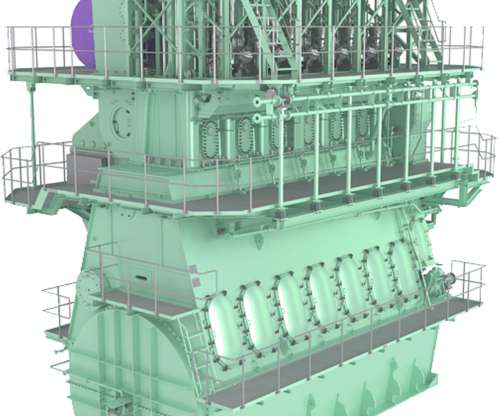Experts view on future transportation fuels
Green Car Congress
NOVEMBER 12, 2018
Since internal combustion engines will remain the primary mode of choice for mobility in the foreseeable future, both alternative (renewable) fuels and high-performance combustion concepts/ engines using fuels adapted for that purpose will be preferred for reducing the combustion impact on climate change. Kalghatgi, G.,











Let's personalize your content